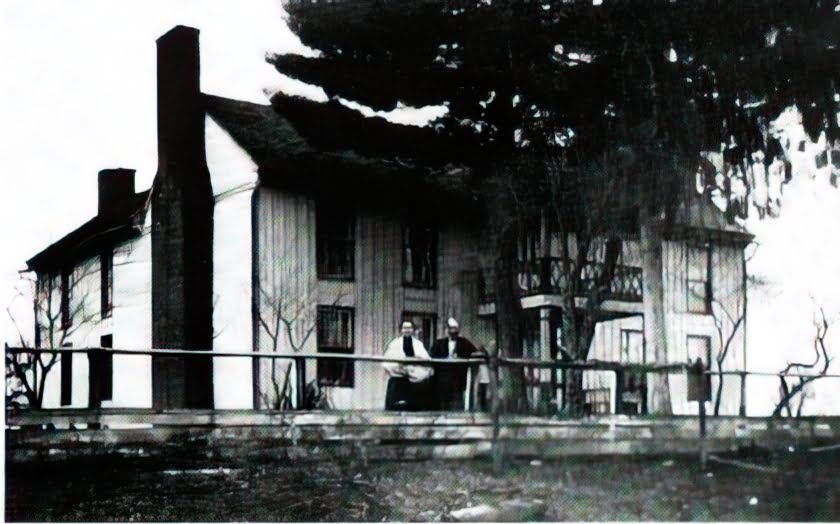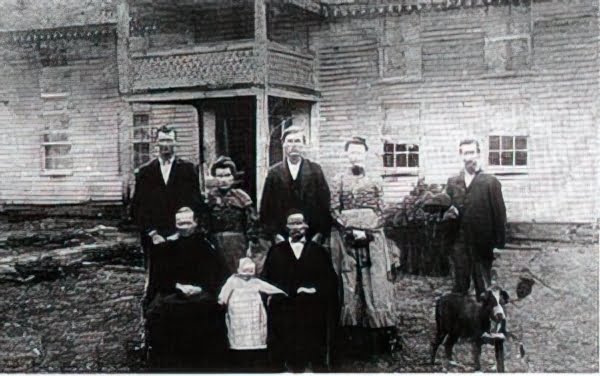Beaumont

The History Of Beaumont
Metcalfe County, formed in 1860, was named for Thomas “Stonehammer” Metcalfe, the tenth governor of Kentucky. The county’s origin is tied to a dispute over a proposed path of the Louisville and Nashville Railroad. In 1855, attempts were made by Robinson P. Beauchamp to secure the approval of the General Assembly of Kentucky for the creation of a county from eastern Barren County, but other representatives from Barren County and Glasgow defeated it. A second attempt was made in 1857, but again was defeated because of the efforts of Thomas M. Dickey of Glasgow, one of the Representatives.
In the elections of 1859, John W. Ritter and Ish Smith were elected to the Kentucky General Assembly from Barren County. Events that followed the next year resulted in the establishment of Metcalfe County. After the county was established, a location was chosen for the county seat. J. M. S. McCorkle of Green County, T. T. Alexander of Adair County and William E. Munford of Barren County were the individuals chosen to pick a site. Edmonton was named as the county seat. After disputes and re-surveys, it was found that the geographical center of the county was about 1/2 mile from the public square in Edmonton at the site of Dr. Beauchamp’s mill dam.
The brick courthouse was erected in the public square, and on March 15, 1865, approximately 60-70 of Bennett’s guerillas pillaged their way through Edmonton, burning the courthouse in their path. Tom Young made an attempt to save the county record books, but was turned back resulting in the loss of the records. By legend, one city official raced to the courthouse and saved the county’s money. He ran to his house, gave the money to his wife who ran with it out the back door to a building where slaves were doing carpentry work. She hid the money in the shavings and told the slaves to keep working. The guerillas came to the front door, forced their way in, searched her husband and threatened to torture him if he didn’t tell them where the money was. They finally gave up and left. John Will Compton was ordered to burn down the county jail or he would be killed, but he managed to escape.
The most notable site in Metcalfe County, an early landmark known to the settlers, was the Big Blue Spring which is located in the northwestern portion of Metcalfe County near the Barren County line. One of the earliest pioneers and residents in this area was Henry Skaggs, one of the “Long Hunters.” Edmund Rogers, noted soldier of the Revolutionary War, first cousin to George Rogers Clark, and founder of the county seat of Metcalfe, was a land surveyor who came to Kentucky in 1782. The land that he surveyed covered most of Metcalfe and surrounding counties. John C. Hamilton was hanged here in one of the earliest murder cases recorded in the county. He was accused of the murder of Dr. Alexander Sanderson in May of 1818. Many years later, others confessed to the murder and cleared his name.
The major communities in Metcalfe County are Center, Savoyard, Sulphur Well, Knob Lick, Beechville, East Fork, Wisdom, Randolph, Edmonton, Summer Shade, Beaumont, Subtle and Willow Shade.

Branstetter Hotel
This house was known as the Branstetter Hotel. In 1870, it was operated by Joseph C. Branstetter who lived with his mother, Elizabeth Branstetter. It was thought to have stood near the location of the store in Beaumont today.